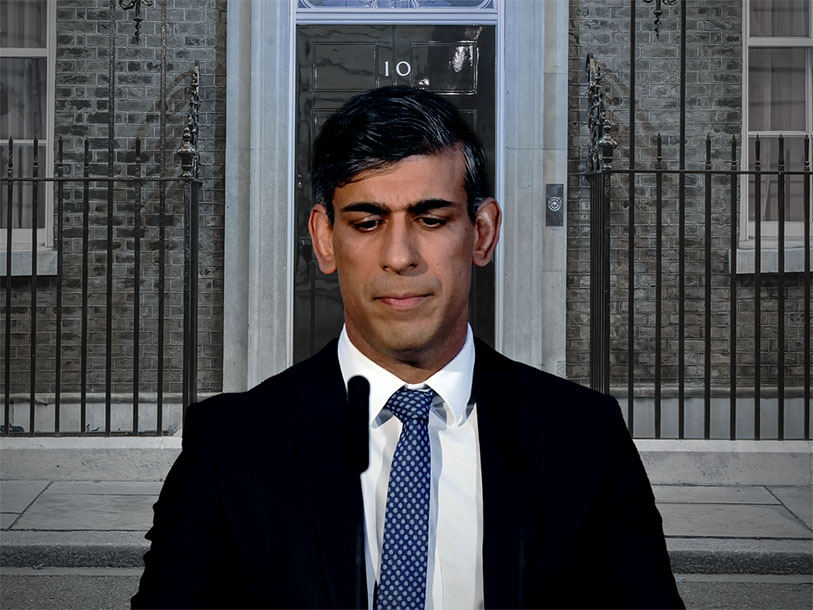
Photo Credit: Getty Images
UK prime minister, Rishi Sunak, has called an early UK general election for Thursday 4 July. The PM made the announcement in a rain-soaked speech outside 10 Downing Street, as he bids to win a fifth term in office for the Conservatives.
The surprise move overturned expectations of an autumn poll, which might have given the Tories a better chance of closing the gap with Labour.
Sir Keir Starmer said it was "time for change" away from "Tory chaos".
Labour has been posting large leads in national opinion polls, and has insisted it has a fully organized campaign ready to go.
Parliament will now be suspended on Friday, before it is formally shut down on Thursday next week ahead of an official five-week election campaign.
It means there are only two days to pass any outstanding legislation - a move which will mean some of the government's measures will have to be abandoned.
The prime minister referred to the inflation figures as he announced the election date in Downing Street later in the day, in a sign he hopes to frame his campaign around a narrative of economic recovery after a period of rising living costs.
He added that the fall in inflation, along with the UK's emergence from recession earlier this year, were "proof that the plan and priorities" he had set out were working.
But his statement did not go entirely to plan, as he battled worsening rain and activists blasting out New Labour anthem Things Can Only Get Better over a loudspeaker.
There was confusion in at least some parts of the Conservative Party about why Mr Sunak had decided to call the election sooner than had been widely expected.
Mr Sunak's statement is the start of weeks of general election campaigning for the 650 seats in Parliament.
The Royal Family has postponed engagements "which may appear to divert attention or distract from the election campaign", Buckingham Palace said, adding that the King and Queen sent their "sincere apologies" to those affected.
This is the first general election since 2015 that has not required a vote in Parliament to approve the date, since legislation fixing the time between polls was reversed two years ago.
Lewis Musonye
















